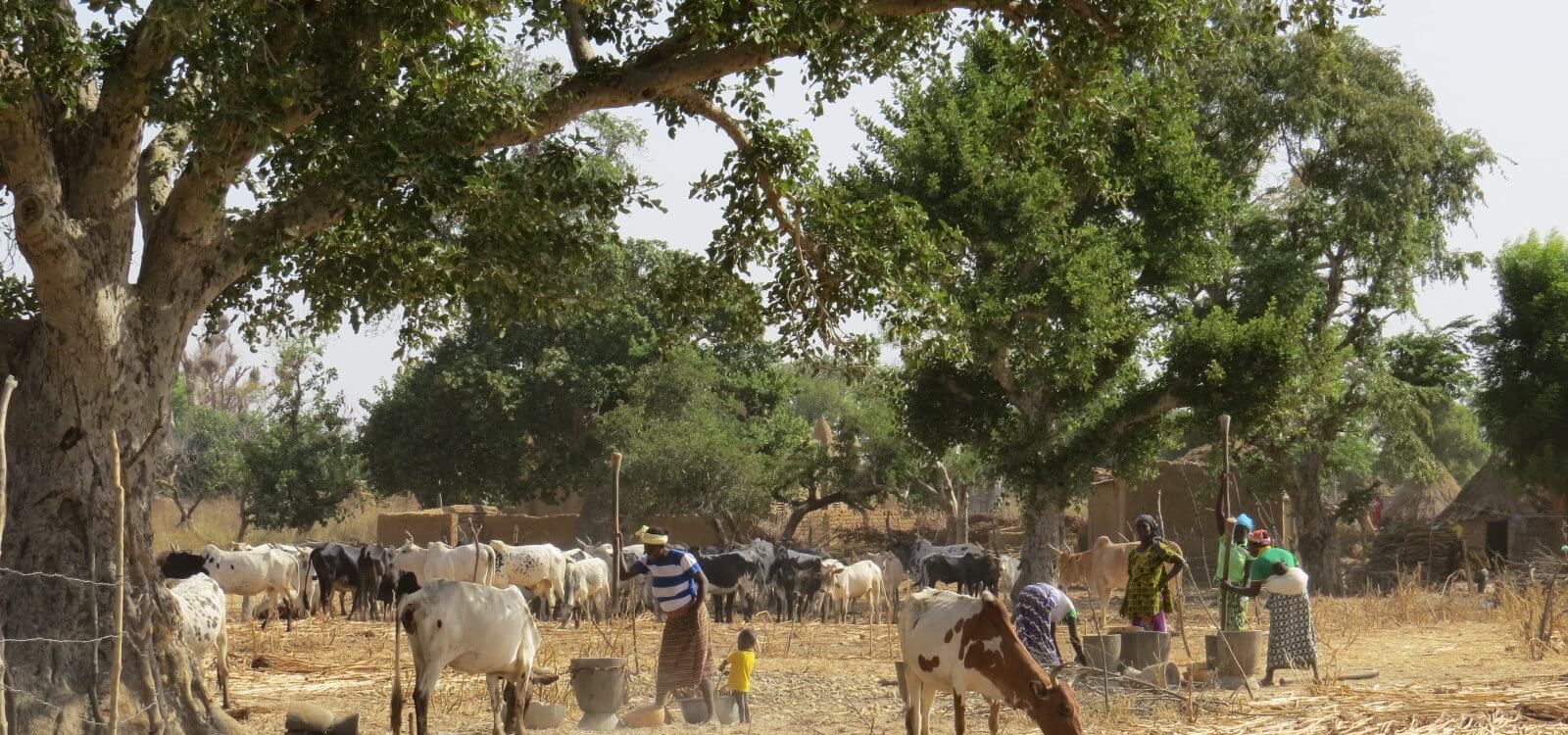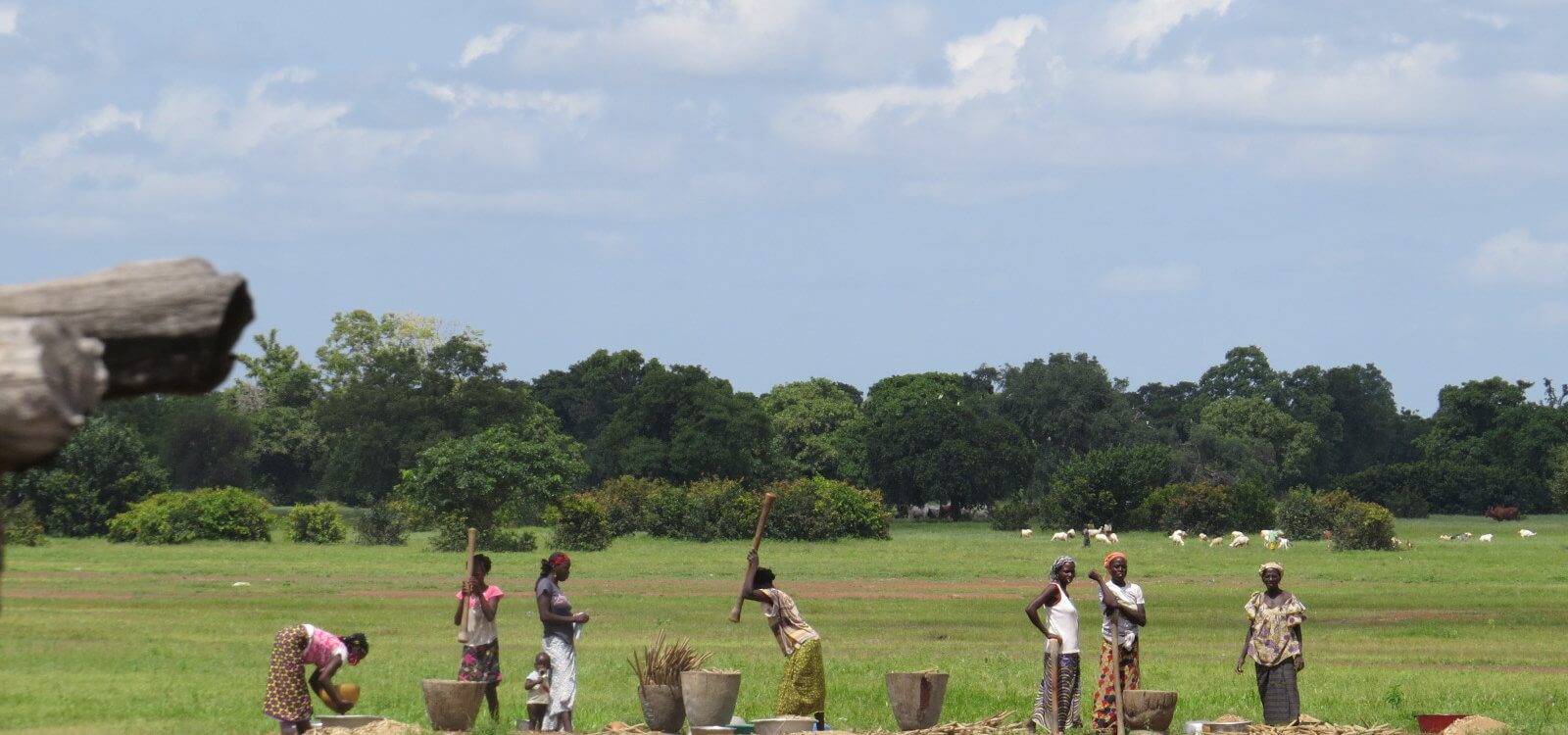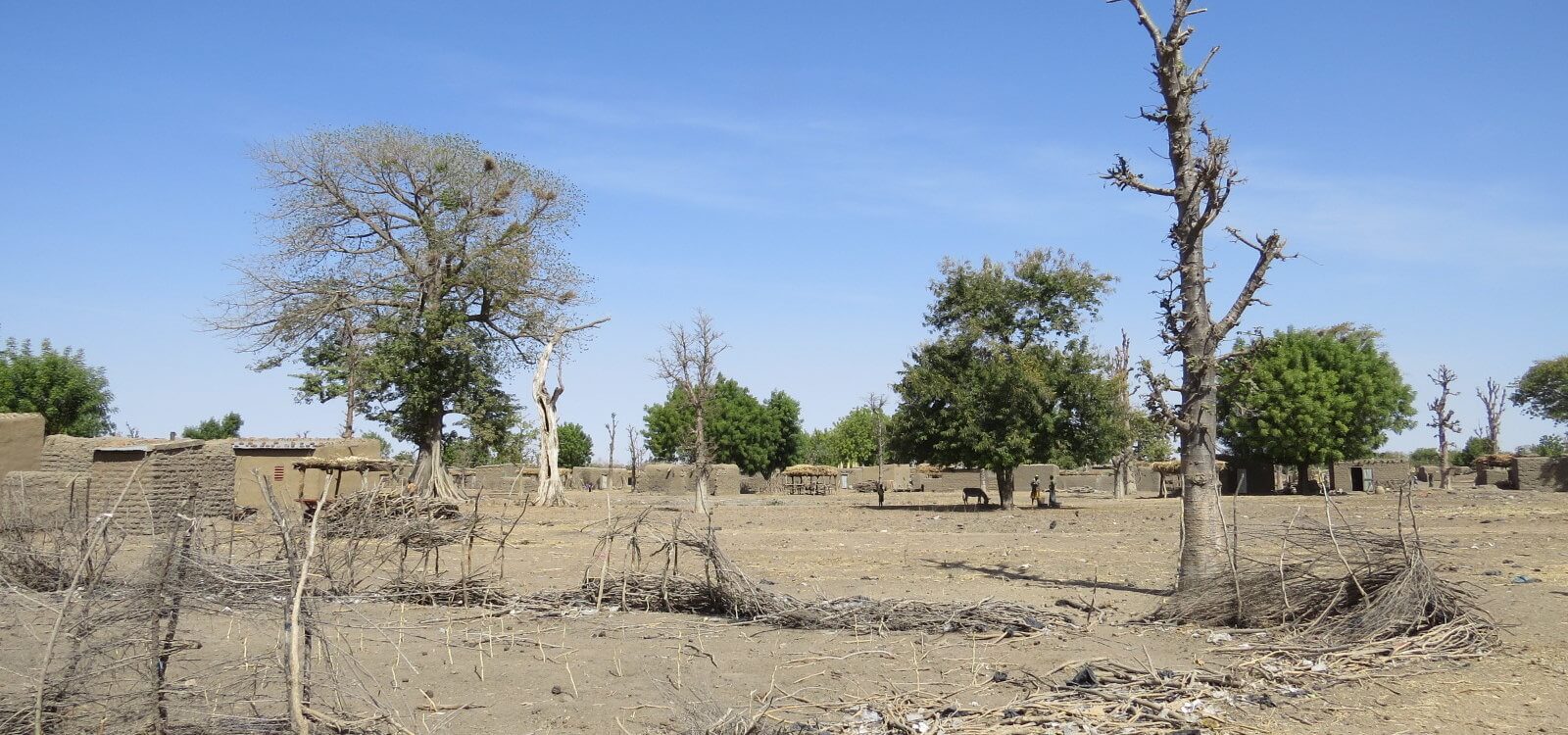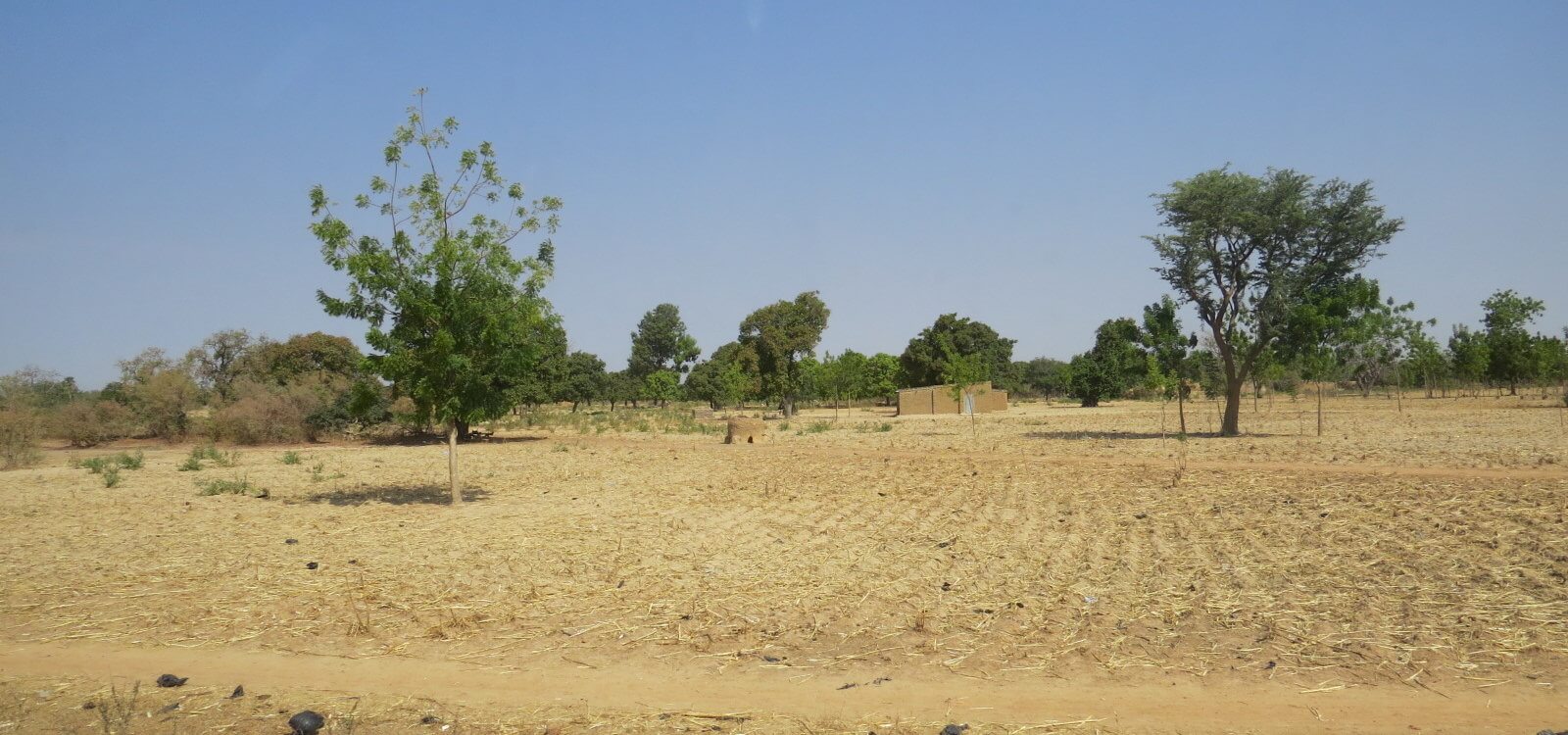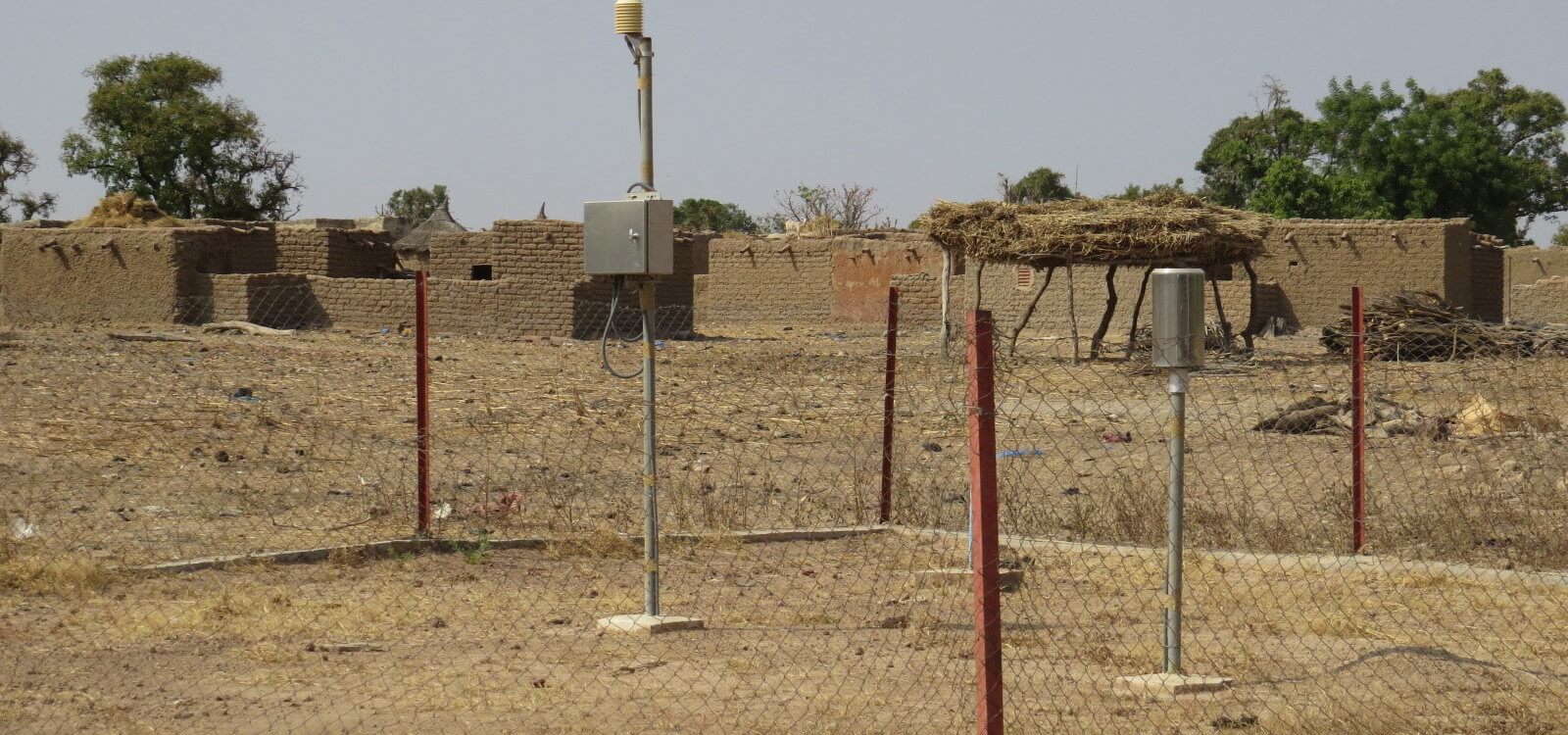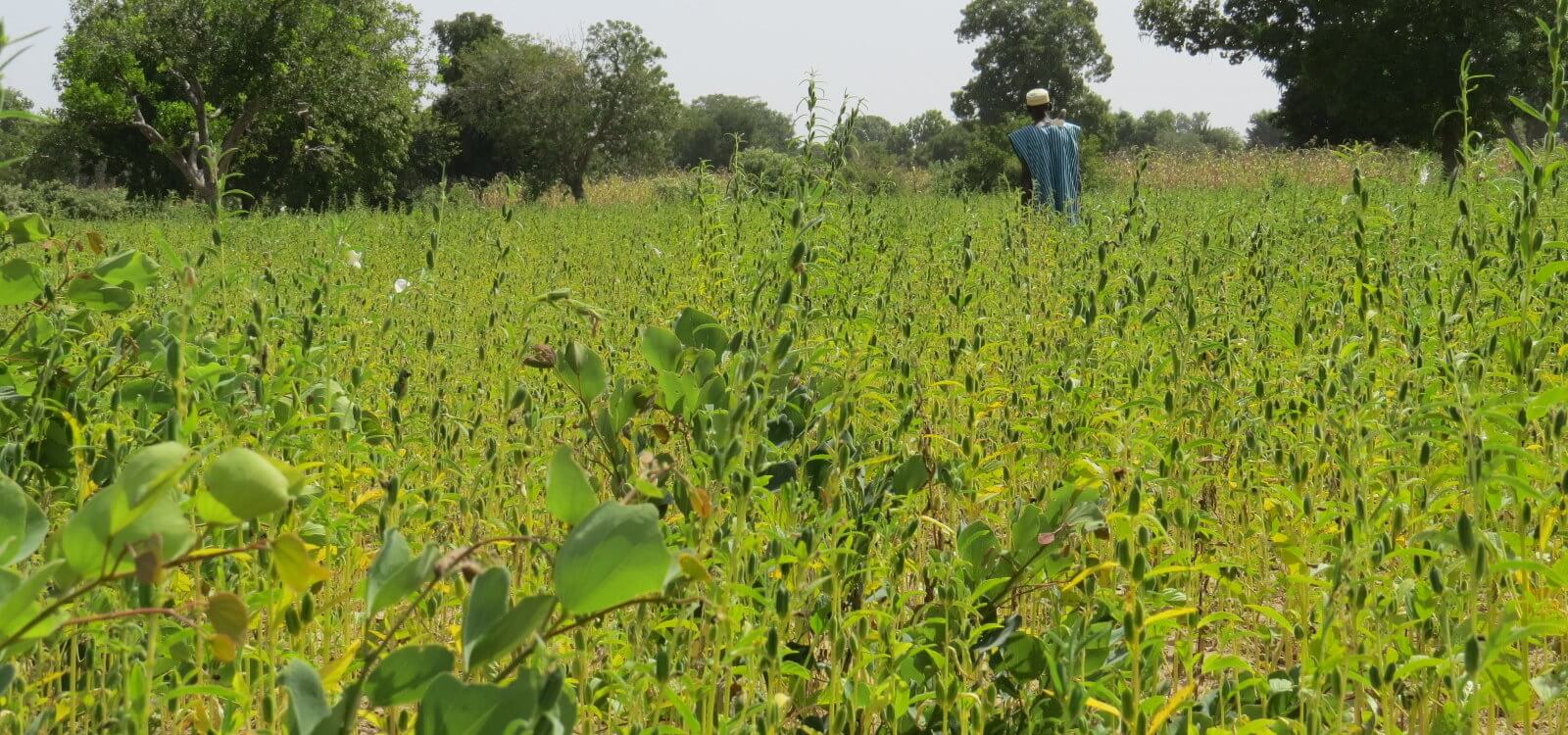Projects / CP2

CP2: Provision of climate and biophysical forcing data for health impact projections
The health impacts of climate change are insufficiently understood due to their complexity. For example, climate change affects human health through various, often indirect, pathways: typical impact pathways in sub-Saharan Africa include reduced agricultural yields with implications for nutrition, heat stress, and hydro-climatic extremes and their effects on malaria prevalence. Thus, it is not sufficient to use only the direct climate variables as explanatory variables. This subproject therefore provides bio-physical climate impact indicators such as hydro-climatic extremes (droughts and floods) and agricultural yield dynamics to describe health impacts, in addition to spatially and temporally highly resolved climate variables. The translation of historically observed climate data and high-resolution climate projections into relevant climate impact indicators (agricultural yields, water availability, flooding, etc.) is accomplished through a regional climate impact model that integrates hydrological and vegetation processes as well as agricultural management and production. These data are then available as explanatory variables for deriving climate impact functions from health data where corresponding observational data are lacking.
Once defined, the impact functions are used in conjunction with climate and biophysical climate impact simulations to i) generate health projections for the future, accounting for nonlinear effects of climate change via bio-physical indicators, ii) assess potential adaptation options, and iii) upscale health impacts for target countries via spatially resolved predictors and make them available for socio-economic impact analysis.
In the first three years, the focus was on technical aspects and methodological work related to climate downscaling and modeling of biophysical input data for health response functions. With the new 1 km climate data, we have even gone beyond the originally planned goal of spatial detail, which consequently allowed for higher resolution of the biophysical impact data for the impact response functions.
This provides a clear roadmap for the studies planned in the next phase of the project, which aim to provide the partner projects with the climate impact data they need and to support them in mathematical modeling:
(i) Compilation and review of 1 km climate data for all of Burkina Faso and Kenya.
(ii) Compilation of 1 km counterfactual climate data for health impact attribution.
(iii) Simulation and testing of high-resolution biophysical data for all of Burkina Faso and Kenya under scenario conditions
(iv) Formulation of adaptation response functions in collaboration with project partners.
v) Provision of biophysical and health-related input for economic modeling.

Principal Investigator (PI):
Dr. Katja Frieler
Potsdam Institute for Climate Impact Research (PIK)
Climate Impacts & Vulnerabilities – Research Domain II
Potsdam, Germany
E-mail: Katja.Frieler@pik-potsdam.de

Co-PI:
Dr. Fred Hattermann
Potsdam Institute for Climate Impact Research (PIK)
Potsdam, Germany
E-mail: hattermann@pik-potsdam.de
Henry Engelhardt, doctoral student
Stefan Lange, Postdoc
Jan Volkholz, Postdoc
Michel Wortmann, Postdoc
Dánnell Quesada, Postdoc

